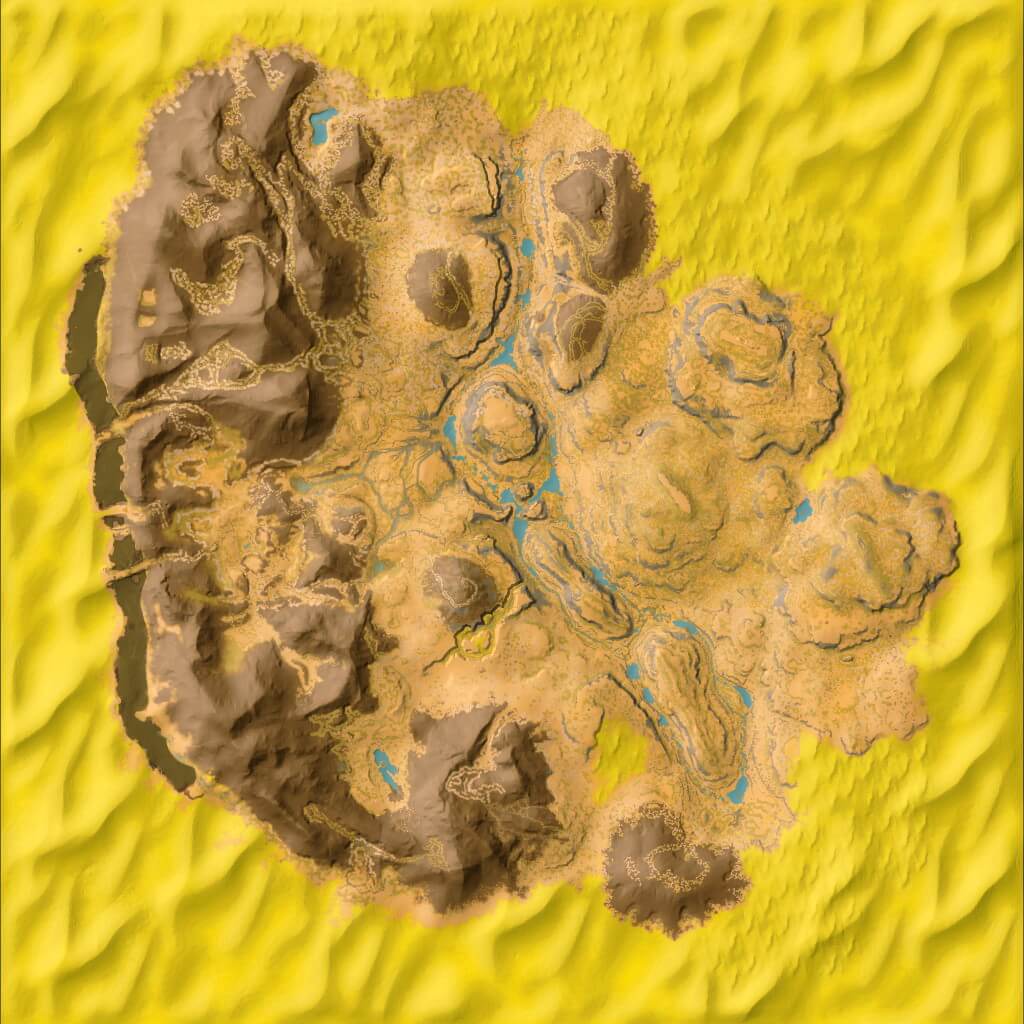

Does she think us degenerated? Are we no more the soldiers who fought at Austerlitz? She places us between dishonour and war-our choice cannot be difficult. Russia is hurried away by a fatality: her destinies will be fulfilled. She now breaks her vows and refuses to give any explanation of her strange conduct until the French eagles have repassed the Rhine, and left our allies at her mercy. The first terminated at Friedland, and at Tilsit, Russia vowed an eternal alliance with France, and war with the English. Soldiers, the second Polish war is begun.

Officially Napoleon announced the following proclamation: The Russian Partition (brown), the Austrian Partition (green), and the Prussian Partition (blue)Ĭommitted to the expansion policy of Catherine the Great, Alexander I had issued an ultimatum demanding that France evacuate its troops from Prussia and the Grand Duchy of Warsaw in April 1812. The three partitions of Poland (the Polish–Lithuanian Commonwealth). Perhaps most importantly, Napoleon's reputation of invincibility was shattered. Only 120,000 men survived (excluding early deserters) as many as 380,000 died in the campaign. What was left of the main armies crossed the frozen Niemen and the Bug disillusioned.Īlthough estimates vary because precise records were not kept, numbers exaggerated and auxiliary troops not always counted, Napoleon's army entered Russia with more than 450,000 men, more than 150,000 horses, around 25,000 wagons and more than 1,250 pieces of artillery. Murat and Ney, the new commanders continued, leaving more than 20,000 men behind in the hospitals of Vilnius. Within a few days, 20,000 more perished from the bitter cold and lice. On 5 December, Napoleon left the army in a sledge and returned to Paris. The Grande Armée had deteriorated into a disorganized mob, and the Russians could not conclude otherwise. When the Berezina was reached, Napoleon only had about 49,000 troops and 40,000 stragglers of little military value. Meanwhile, he was almost without cavalry and artillery, and deployed the Old Guard for the first time. In the Battle of Krasnoi Napoleon was able to avoid a complete defeat. In early November it began to snow, which complicated the retreat. Heavy loot was thrown away artillery was left behind. Again more than half of the men died on the roadside of exhaustion, typhus and the harsh continental climate. Lack of food and winter clothes for the men, fodder for the horses, and guerilla warfare from Russian peasants and Cossacks led to greater losses. Losing the Battle of Maloyaroslavets he was forced to take the same route as he came. Because of the nice weather he left late and hoped to reach Smolensk by a detour. Napoleon stayed in Moscow for five weeks, waiting for a peace offer that never came. On 14 September, Napoleon and his army of about 100,000 men occupied Moscow, only to find it abandoned, and the city was soon ablaze, instigated by its military governor. The fierce Battle of Borodino, seventy miles (110 km) west of Moscow, was a narrow French victory that resulted in a Russian general withdrawal to the south-east of Moscow. The Russian Army continued to retreat, under its new Commander in Chief Mikhail Kutuzov, employing attrition warfare against Napoleon forcing the invaders to rely on a supply system that was incapable of feeding their large army in the field. Within six weeks, Napoleon lost half of the men because of the extreme weather conditions, disease and hunger, winning just the Battle of Smolensk.
#WATER VEINS ON SCORCHED EARTH ARK SERIES#
Through a series of long forced marches, Napoleon pushed his army of almost half a million people rapidly through Western Russia, now Belarus, in an attempt to destroy the separated Russian armies of Barclay de Tolly and Pyotr Bagration who amounted to around 180,000–220,000 at this time. On 24 June 1812 and the following days, the first wave of the multinational Grande Armée crossed the Niemen into Russia. It is characterized by the massive toll on human life.

Napoleon's invasion of Russia is one of the best studied military campaigns in history. The French invasion of Russia, also known as the Russian Campaign, the Second Polish War, the Second Polish Campaign, the Patriotic War of 1812, and the War of 1812, was begun by Napoleon to force Russia back into the Continental blockade of the United Kingdom.


 0 kommentar(er)
0 kommentar(er)
